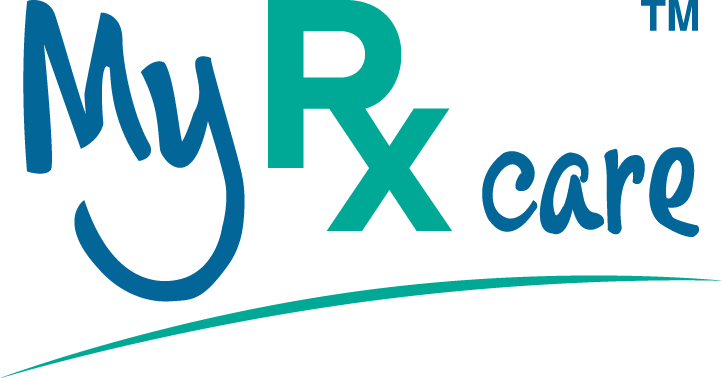Understanding Medication Non-Compliance Among Patients in Canada: Steps to Improve Adherence
Patient medication compliance, also known as medication adherence, refers to the extent to which patients follow their healthcare providers' prescribed treatment plans, including medication regimens. In Canada, medication non-compliance has been a persistent and concerning issue, leading to compromised health outcomes, increased healthcare costs, and a burden on the healthcare system. This article aims to explore the reasons behind poor medication compliance and propose practical steps to enhance patient adherence to prescribed treatments.
Reasons for Poor Medication Compliance:
- Lack of Understanding: Patients may not fully comprehend their medical condition, the importance of the prescribed medication, and potential consequences of non-compliance. This lack of knowledge can lead to skepticism or the belief that the medication is unnecessary.
- Complex Regimens: Some treatment plans involve multiple medications with different dosing schedules, which can be confusing and overwhelming for patients to manage effectively.
- Side Effects: Unpleasant side effects can discourage patients from continuing their medication, even if they understand its importance.
- Cost Concerns: In Canada, despite universal healthcare, the costs of some medications are not entirely covered. This financial burden can hinder patient access to essential medications, resulting in non-compliance.
- Forgetfulness: Busy lifestyles, especially for those managing chronic conditions, may contribute to patients forgetting to take their medications regularly.
- Stigma: Some patients may feel stigmatized by their medical condition or the need for medication, leading to avoidance of treatment.
- Language and Cultural Barriers: Patients from diverse cultural backgrounds or those with limited English proficiency may face challenges in understanding medication instructions, potentially leading to non-compliance.
Steps to Improve Medication Compliance:
- Enhancing Patient Education: Healthcare providers must prioritize patient education, explaining medical conditions and treatment plans in clear, accessible language. Providing written materials and using visual aids can help reinforce key information. Encouraging patients to ask questions and engage in open communication is also essential.
- Simplifying Regimens: Whenever possible, healthcare providers should aim to simplify medication regimens by reducing the number of medications and consolidating dosing schedules. This can improve patients' ability to adhere to their treatment plans.
- Managing Side Effects: Proactive management of side effects is crucial. Healthcare providers should inform patients about potential side effects, how to manage them, and when to seek medical advice if necessary.
- Addressing Cost Barriers: To address financial concerns, governments, insurers, and healthcare institutions can work collaboratively to expand drug coverage for essential medications, particularly for vulnerable populations.
- Reminders and Technology: Employing medication reminder tools, such as smartphone apps or alarms, can help patients stay on track with their prescribed regimen.
- Culturally Sensitive Approaches: Healthcare professionals should be sensitive to cultural differences and language barriers, ensuring that communication and education are tailored to each patient's needs.
- Patient Involvement: Encouraging patients to be active participants in their treatment decisions can foster a sense of empowerment and ownership over their health.
Medication non-compliance remains a significant challenge for healthcare in Canada, but there are practical steps that can be taken to improve patient adherence to prescribed treatments. By focusing on patient education, simplifying treatment regimens, addressing cost barriers, and leveraging technology, we can enhance medication compliance and ultimately improve patient outcomes. Healthcare providers, policymakers, and patients must work together to create a supportive and informed environment that promotes medication adherence and overall well-being.

